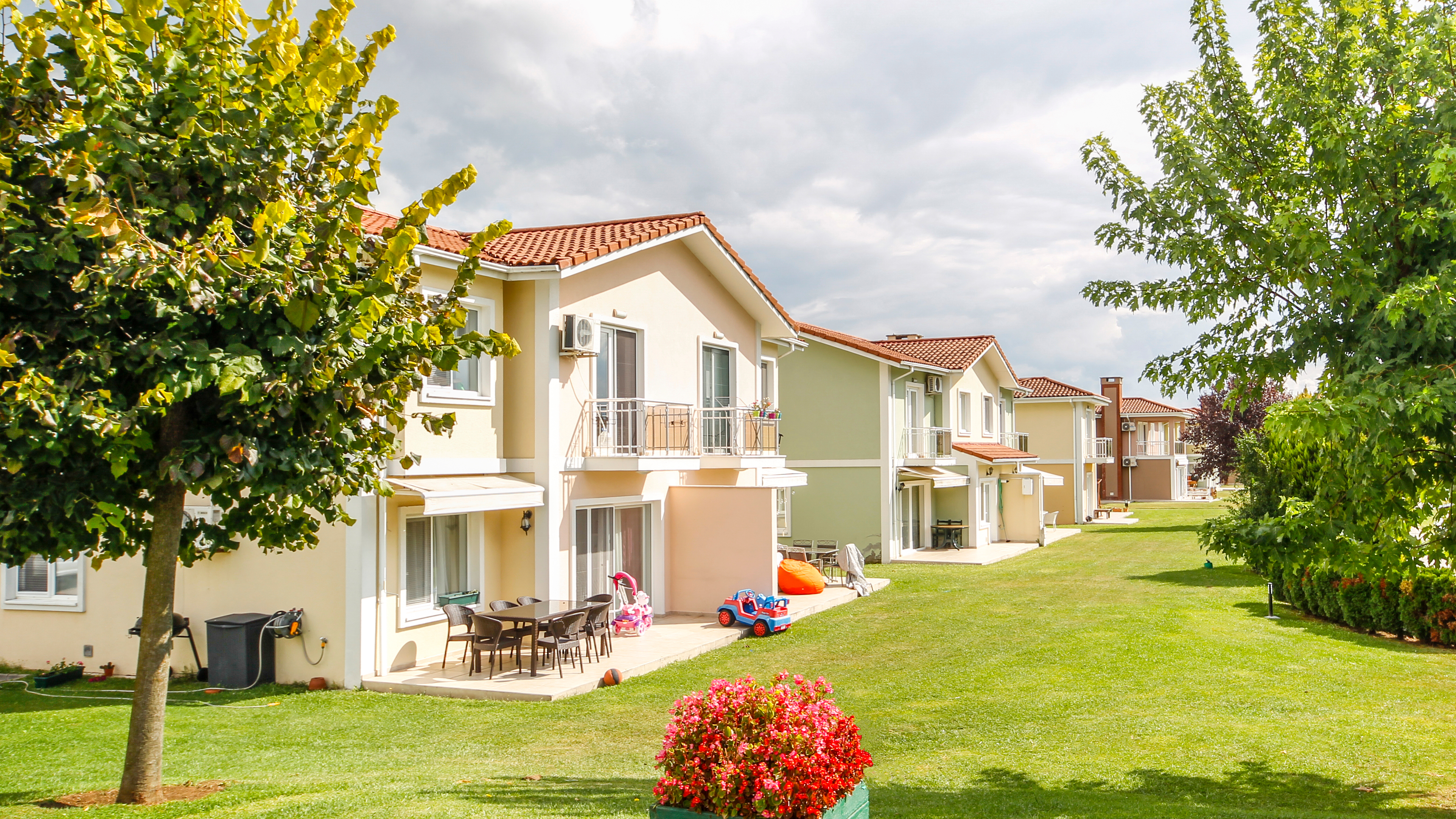Narrow Results
-
The Six Secrets to Building Your HOA Volunteer Pool
Whether you’re on the board of a single-family homeowners association (HOA) or a high-rise condo association, your community depends on volunteers to operate successfully. However, finding residents who are willing to be on your board of directors, join a committee or help at an event can be challenging. -
What’s missing from your community association budget?
Every year about the same time, your community association board is most likely creating its budget for the following year. Learn about seven commonly neglected items in community association budgets that you may be missing. -
Why community associations get sued and what to do if it happens to you
Your community or condominium association is there to protect the interests of all of its members. However, there may be situations when one or more residents don’t believe that the association is on their side. Hopefully, everyone involved can come to a reasonable solution, but if you can’t, it’s possible that your association – and even your board members – could become the target of a lawsuit. -
Email Communication
You may be unaware that you are opening up all of your emails to scrutiny. When using a personal or work email address to conduct association business, there is a potential liability involved. -
How Can My Association Fund Capital Improvements?
Nothing lasts forever…and when it comes time to replace your high-rise roof, community pool or to add new amenities, your association will need to determine how to pay for it. All of these things – significant repairs and replacements, as well as new construction – are considered capital improvements. -
Energy Efficiency for Community Associations
Many community association boards and residents would like to implement energy efficiency measures in their communities. But what about the cost to get started? -

Five Simple Tips for Marketing Your Association
Nothing says a healthy community like full homes/units and bustling activity in common areas. Painting a pretty picture of a dynamic community to potential buyers takes minimal effort on the part of the board. -
Is Installing Electric Vehicles Charging Stations the Right Choice for Your Community?
The number of plug-in electric vehicles (PEVs) on the road is quickly growing, which means the need for conveniently located battery charging stations is also on the rise. What does this mean for your association? -
Is Your Community Ready for Plug-In Electric Cars (PEVs) and Charging Stations?
The Nissan Leaf and Chevy Volt made their debut as the first US mass-market plug-in electric vehicles (PEVs) more than five years ago. Nearly half a million have jumped on the PEV bandwagon. What does this mean for community associations? -
Communicating Your Association Budget
Budgeting is the time for making tough decisions for how your association spends its money, and sometimes those decisions can, unfortunately, lead to contention. Clear communication about the association budget should be provided to all homeowners throughout the year to help solve problems before they begin and smoothly pave the way for needed changes. -
Creating Condo and HOA Policies That Make Sense
It’s a common problem that many condo and homeowners’ associations (HOAs) face: rules that simply don’t work as they were intended. Sometimes it’s because they are enforced inconsistently or aren’t enforced at all. Other times it’s because they go too far. At their worst, poorly instituted HOA policies can even cause neighborhood discord. -
Does Your Association Have A Plan For Fostering A Sense Of Community?
Humans are social creatures with a deep-seated yearning for connection and community. This is particularly evident in a condo association or HOA, where a strong sense of community can be the difference between long-standing residency and high turnover. -
Five Steps to Running More Effective HOA Board Meetings
One of the most challenging aspects of being on the board of your homeowners association (HOA) can be running board meetings. It’s not always easy to keep everyone tuned into the business at hand. In addition, you have to manage the inevitable disagreements among board members. How do you keep these meetings running smoothly? -
Planning Your High-Rise Maintenance and Capital Improvements
Your association should never have to rely on a special assessment for a capital expense that could have been foreseen – or even prevented. Here are five tips to keep your Chicago high-rise condominium association's budget in the black and keep up with maintenance and capital improvements. -
The Six Secrets to Building Your HOA’s Volunteer Pool
Whether you’re on the board of a single-family homeowners association (HOA) or a high-rise condo association, your community depends on volunteers to operate successfully. However, finding residents who are willing to be on your board of directors, join a committee or help at an event can be challenging. -
Email Communication
You may be unaware that you are opening up all of your emails to scrutiny. When using a personal or work email address to conduct association business, there is a potential liability involved. -
How Can My Association Fund Capital Improvements?
Nothing lasts forever…and when it comes time to replace your high-rise roof, community pool or to add new amenities, your association will need to determine how to pay for it. All of these things – significant repairs and replacements, as well as new construction – are considered capital improvements. -
How Can My Association Increase its Capital Improvement Budget?
Nothing lasts forever…and when it comes time to replace your high-rise roof, community pool or to add new amenities, your association will need to determine how to pay for it. All of these things – significant repairs and replacements, as well as new construction – are considered capital improvements. -
Does Your HOA Have A Plan For Fostering A Sense Of Community?
Humans are social creatures with a deep-seated yearning for connection and community. This is particularly evident in an HOA, where a strong sense of community can be the difference between long-standing residency and high turnover. -

Five Steps to Better HOA Board Meetings & HOA Board Meeting Protocol
One of the most challenging aspects of being on the board of your homeowners association (HOA) can be running board meetings. It’s not always easy to keep everyone tuned into the business at hand. In addition, you have to manage the inevitable disagreements among board members. How do you keep these meetings running smoothly? -
How to Establish Sensible HOA Policies
Rules and regulations are important in any homeowners association (HOA). But when they aren’t enforced, are enforced inconsistently, or go a bit too far, they can create resentment and put your HOA at risk. -
Smart Financial Planning
Safeguarding an association’s operating and reserve funds is one of the main fiduciary duties of all board members, not just the treasurer. This means that boards must protect the financial interests of the association and its members by making sure all funds are properly managed, invested and protected. -
The Do’s & Don’ts of Board Communication
The tips in this quick reference guide will help your board communicate better with residents in your community association. -
The Six Secrets to Building Your HOA’s Volunteer Pool
Whether you’re on the board of a single-family homeowners association (HOA) or a high-rise condo association, your community depends on volunteers to operate successfully. However, finding residents who are willing to be on your board of directors, join a committee or help at an event can be challenging.